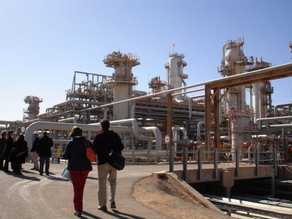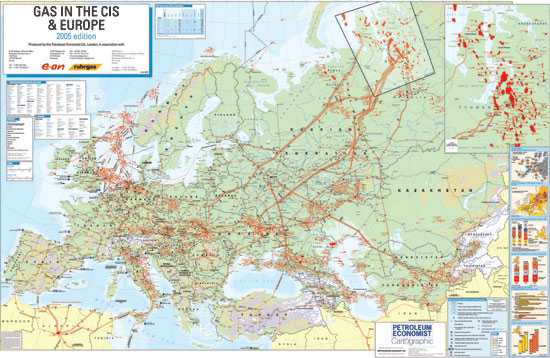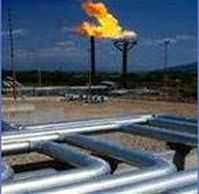Leviathan is not big enough for exports by pipeline and LNG, and this could harm Woodside’s plans to build an LNG facility.
17 February 13 17:43, Amiram Barkat and Hillel Koren
A natural gas export contract with Turkey could generate $3-4 billion revenue a year for the Leviathan partners, Noble Energy Inc. (NYSE: NBL), Delek Group Ltd. (TASE: DLEKG), and Ratio Oil Exploration (1992) LP (TASE:RATI.L), according to an analysis of market prices and the quantities of gas under discussion by the parties. Turkey currently pays $11-16 per million BTU for natural gas it buys via pipeline, depending on the contracts with natural gas suppliers.
Turkish daily “Sunday’s Zaman” reports that Turkey’s main gas supplier, Russia, which supplies 55% of the country’s gas, charges $400 million per billion cubic meters, or $11 per million BTU. Azerbaijan, which supplies 10% of the country’s gas, charges $300 million per billion cubic meters, and Iran, which supplies 25% of the country’s gas, charges $505million per billion cubic meters. Turkish complaints about the high price of Iranian gas resulted in the opening of arbitration proceeding in March 2012. Nonetheless, Turkey increased its gas purchases from Iran by 10%, compared with 2011, to 8 BCM, at a cost of over $4 billion.
Talks between Turkish companies and the Leviathan partners mention gas deliveries equal to Turkey’s imports from Iran.
Energy analysts are currently skeptical about a deal, saying that there is nothing to price at this time, and that Egyptian gas affair demonstrates the geopolitical risks of any gas contract. “If the gas flow stops after two years, how will that affect the return on investment and yields? After all, no one can guarantee such large gas sales,” a market source says.
Noble Energy executives have said in the past that any deal with Turkey would require changes in the diplomatic landscape. In addition, any large gas deal with Turkey could have ramifications on liquefied natural gas (LNG) export plans and on plans by Australia’s Woodside Petroleum Ltd. (ASX: WPL) to become a partner in Leviathan for the purpose of building such a facility.
The size of gas discovery at Leviathan and other fields are not big enough for simultaneous exports by pipeline and LNG, even assuming that the Tzemach Committee does not reduce its gas export recommendations, following disappointing results from wells drilled after the report was published.
Market sources believe that that Leviathan partners will soon announce an update on the discovery. Source close to the matter are optimistic about an upward revision from the current estimate of 17 trillion cubic feet of gas. The Leviathan 4 verification well, begun in mid-November, will take four months to complete. The well is targeting strata at a depth of 5,300 meters, including 1,600 meters water depth. The well will later serve as the gas production rig as part of Leviathan’s development plan.
Published by Globes [online], Israel business news – www.globes-online.com – on February 17, 2013
© Copyright of Globes Publisher Itonut (1983) Ltd. 2013
via Leviathan gas sales to Turkey worth $3-4b a year – Globes.






